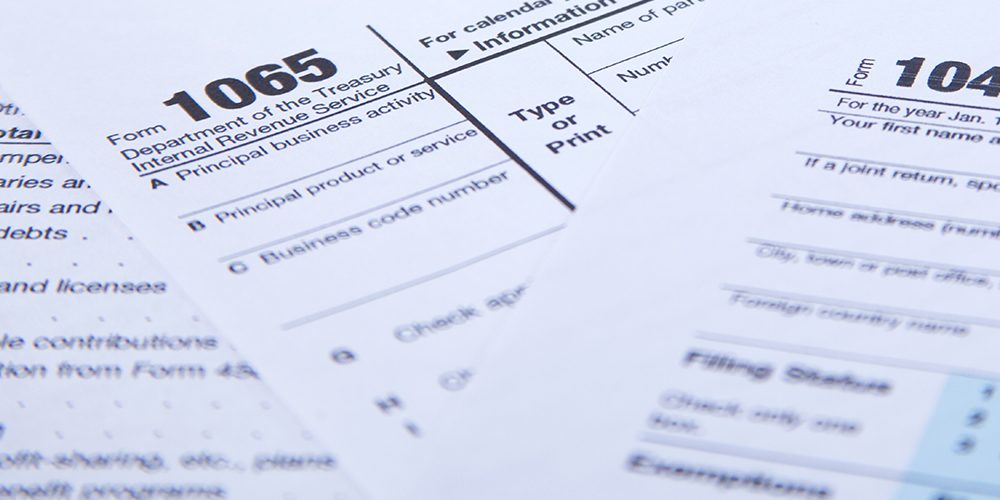New Comptroller Stringer Report Proposes State Response to Trump Tax Cuts that Squeeze NYC’s Nonprofit Organizations

Federal Tax Cuts and Jobs Act puts NYC not-for-profit institutions in its cross-hairs
Changes to State law can help reduce the impact of new federal tax law
(New York, NY) – Today, Comptroller Scott M. Stringer released an alarming analysis detailing the harmful effects of last year’s Tax Cuts and Jobs Act (TCJA) on New York City’s not-for-profit sector. While much of the focus on the federal tax cuts enacted last December has been focused on individuals and for-profit corporations, the TCJA also contained several provisions that could have significant adverse impacts on the finances of non-profits.
“It’s no secret that these tax cuts were designed to enrich the bank accounts of the wealthy at the expense of vital services for the most vulnerable. And our new analysis shows how the Trump Tax Cuts not only undermine our economy – but systemically undercut the institutions meant to support working families in New York City,” said Comptroller Scott M. Stringer. “Just when for-profit businesses have received one of the largest tax cuts in history, not-for-profits are being squeezed for money. It’s wrong – and the numbers we found represent more than just revenue digits. These are real programs that employ and support thousands of New Yorkers that are hurting due to Washington’s misguided actions. We have to fight back to support New York City’s crucial non-profit sector. Today we’re proposing measures to do just that.”
Non-profits are an integral part of the national and city economies, providing key religious, cultural, medical and social services that would often go unfilled in their absence, or delivered at higher cost. According to the most recent statistics, the non-profit sector provided nearly 1.3 million jobs across New York State – more jobs than in any other State, representing nearly 15 percent of overall employment. Moreover, more than half these job are estimated to be located in New York City.
Reduced Charitable Giving
The new tax law reduces tax incentives for charitable giving in three key ways.
- First, as the standard deduction was doubled under the TCJA, fewer filers will choose to itemize deductions, diminishing the tax savings incentives of making charitable contributions for these filers.
- Second, by doubling the exemption threshold for estate taxes from $5.6 million to $11.2 million, the TCJA has likely reduced the tax incentive for charitable contributions from estates, which totaled $18 billion nationally in 2016.
- Finally, the $10,000 limitation on SALT deductibility in the TCJA will lead higher income filers to face higher federal tax liabilities, and thereby a reduction in after-tax income, potentially resulting in lower giving to non-profits.
Higher Taxes on Unrelated Business Income
- Many non-profits also engage in businesses outside their core purpose that provide an important source of income to help them carry out their core mission.
- The TCJA, however, included new provisions that disallowed losses from one activity to offset gains from other activities. The result is that taxable income and taxes are likely to increase, and more non-profits will be required to file burdensome tax forms.
- According to some estimates, this provision could impose an effective tax rate increase of as much as 40 percent on smaller non-profits with unrelated business income up to $50,000.
Tax on University Endowments
- In an effort to limit the budget deficit, the TCJA includes an annual 1.4 percent excise tax on private university endowments valued at $500,000 or more per full-time student and with at least 500 students. At least three institutions in New York City could see their ability to provide financial aid, services and programs reduced by this tax.
Legislative Changes to State Tax Law Can Mitigate the Damage
The Comptroller’s report included the following recommendations for changes to the State tax code to mitigate the adverse impacts of the TCJA and support non-profits in New York State and New York City:
- Allow all filers to claim deductions for charitable contributions even if they don’t itemize;
- Expand the charitable deduction allowance for high-income filers from its current level of 50 percent;
- Decouple state tax law from the TCJA unrelated business income provision; and
- Allow universities to deduct the endowment excise tax from any NYS unrelated business income.
###